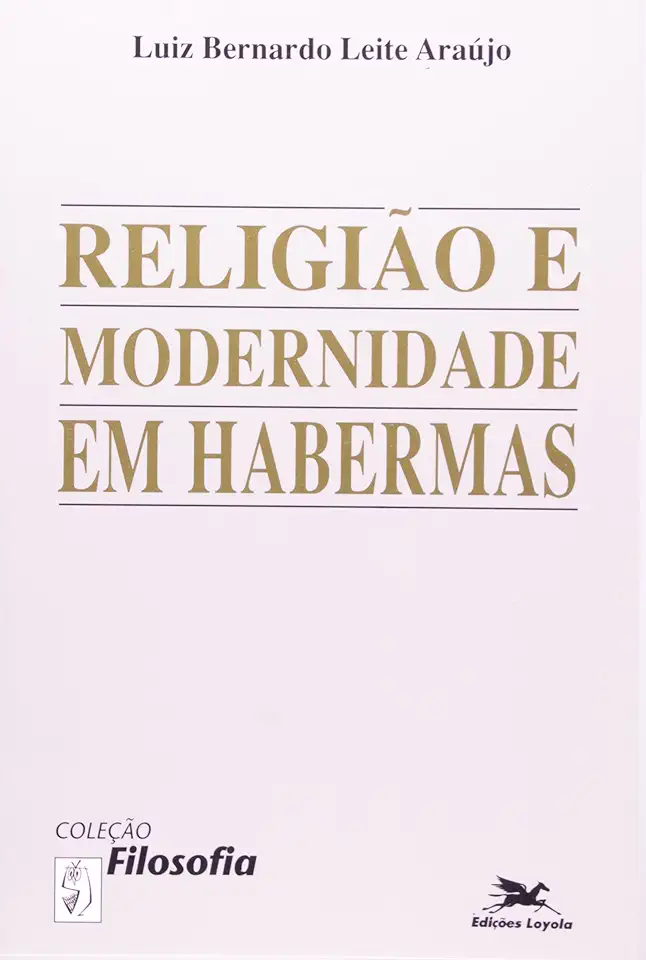
Religion and Modernity in Habermas - Luiz Bernardo Leite Araújo
Religion and Modernity in Habermas: A Comprehensive Exploration of the Relationship Between Religion and Modern Society
In his groundbreaking work, "Religion and Modernity in Habermas," Luiz Bernardo Leite Araújo delves into the intricate relationship between religion and modern society, offering a profound analysis of the challenges and opportunities that arise from their interaction. Drawing upon the influential theories of Jürgen Habermas, Araújo presents a compelling argument for the significance of religion in shaping the course of modernity.
Habermas' Theory of Communicative Action: A Framework for Understanding Religion's Role in Modern Society
At the heart of Araújo's analysis lies Habermas' theory of communicative action, which posits that human beings are inherently communicative beings who engage in rational discourse to reach mutual understanding. Araújo argues that religion, as a form of symbolic communication, plays a crucial role in facilitating this communicative action and fostering social cohesion.
Religion as a Source of Meaning and Identity in a Modern World
In an increasingly secularized world, Araújo contends that religion continues to provide individuals with a sense of meaning and identity. He explores how religious beliefs and practices offer individuals a framework for interpreting their experiences, making sense of the world around them, and finding purpose in their lives.
The Challenge of Religious Pluralism: Navigating Diversity in Modern Societies
Araújo acknowledges the challenges posed by religious pluralism in modern societies, where diverse religious traditions coexist and sometimes clash. He argues that Habermas' theory of communicative action offers a potential solution to these challenges, as it emphasizes the importance of dialogue and mutual understanding in resolving conflicts and building bridges between different religious communities.
Religion and the Public Sphere: The Role of Religion in Democratic Discourse
Araújo examines the role of religion in the public sphere, exploring the tension between the separation of church and state and the need for religious voices to be heard in public discourse. He argues that religion can contribute to the democratic process by providing moral and ethical frameworks for decision-making and by fostering a sense of civic responsibility.
Religion and the Future of Modernity: Envisioning a Pluralistic and Inclusive Society
Araújo concludes his analysis by envisioning a future for modernity that embraces religious diversity and pluralism. He argues that by recognizing the positive contributions of religion to society and fostering dialogue between religious and secular perspectives, we can build more inclusive and harmonious societies that respect the rights and beliefs of all individuals.
Why You Should Read "Religion and Modernity in Habermas"
"Religion and Modernity in Habermas" is a must-read for anyone interested in the complex relationship between religion and modern society. Araújo's insightful analysis, grounded in Habermas' influential theories, provides a fresh perspective on the role of religion in shaping our world. Whether you are a scholar, a policymaker, or simply someone curious about the intersection of religion and modernity, this book offers a wealth of knowledge and thought-provoking insights.
Don't miss out on this opportunity to deepen your understanding of religion's impact on modern society. Get your copy of "Religion and Modernity in Habermas" today!